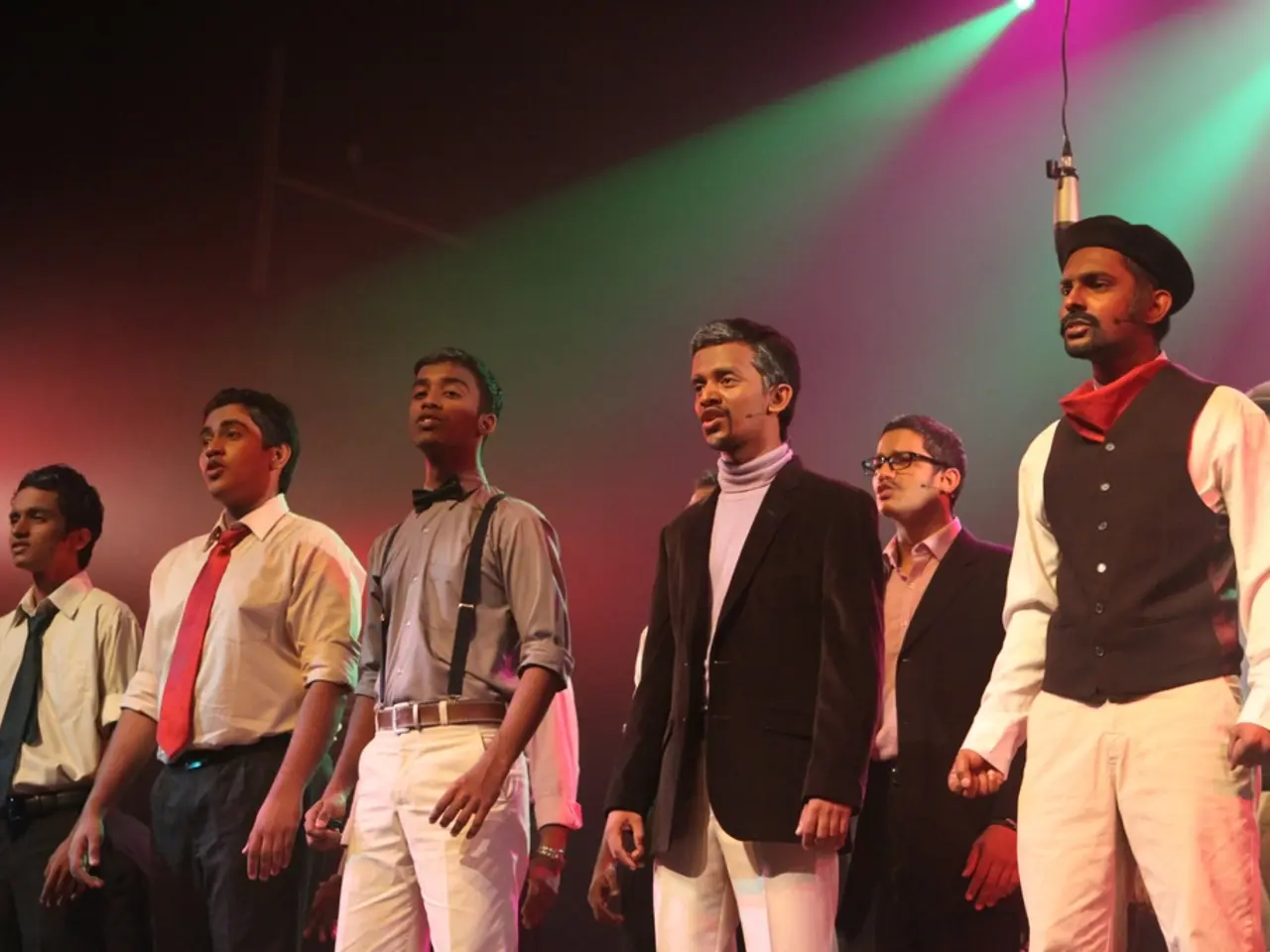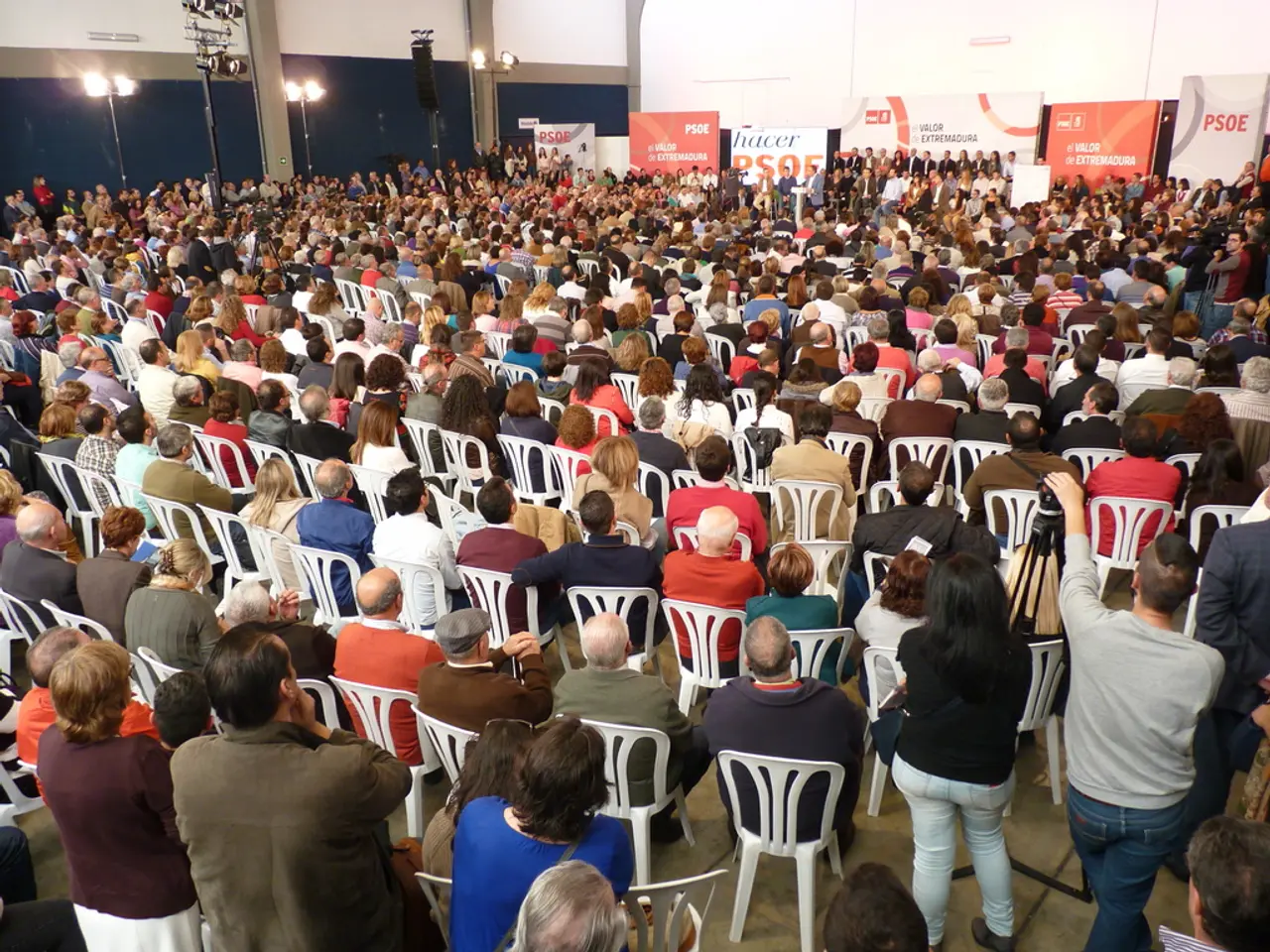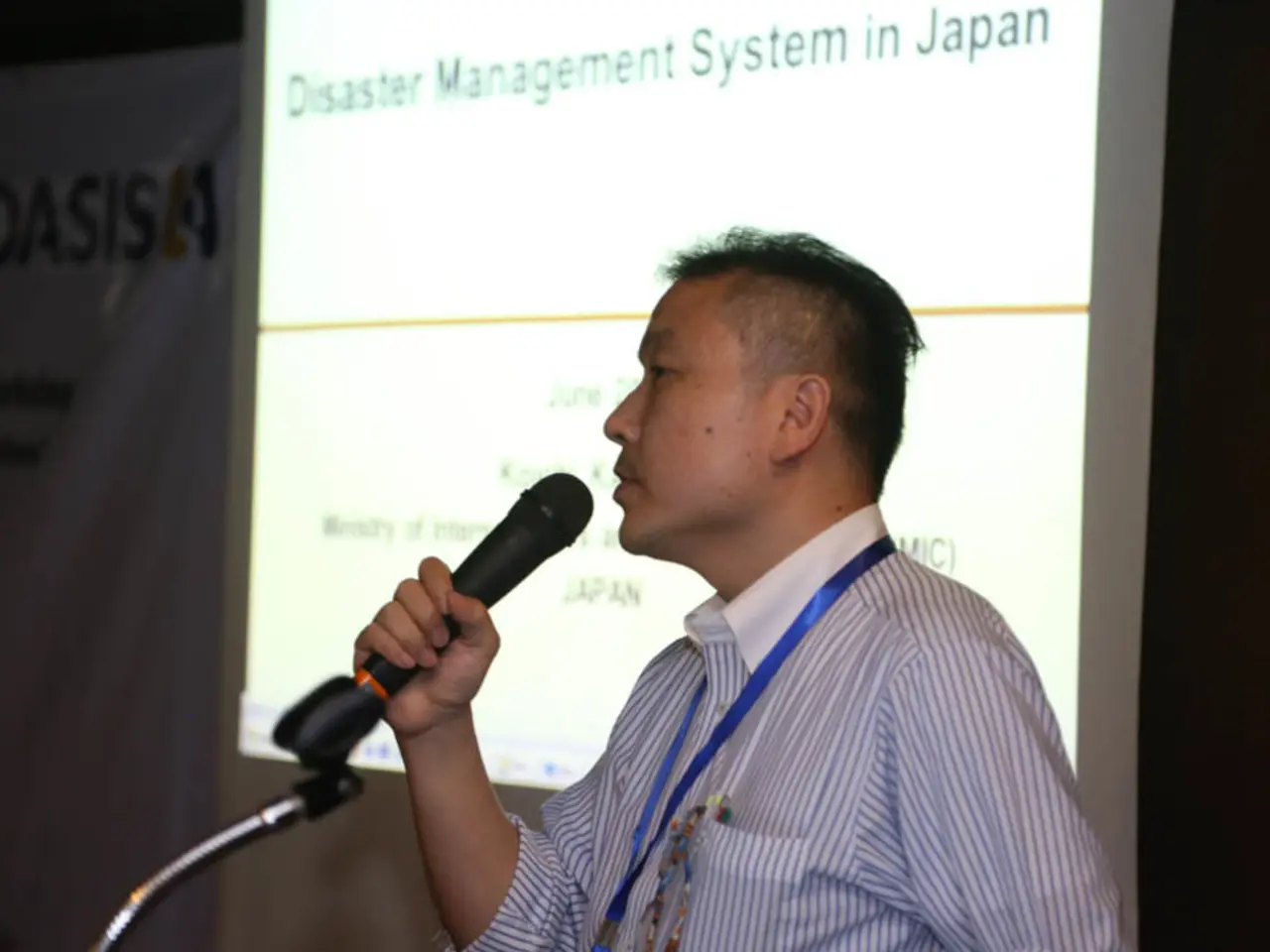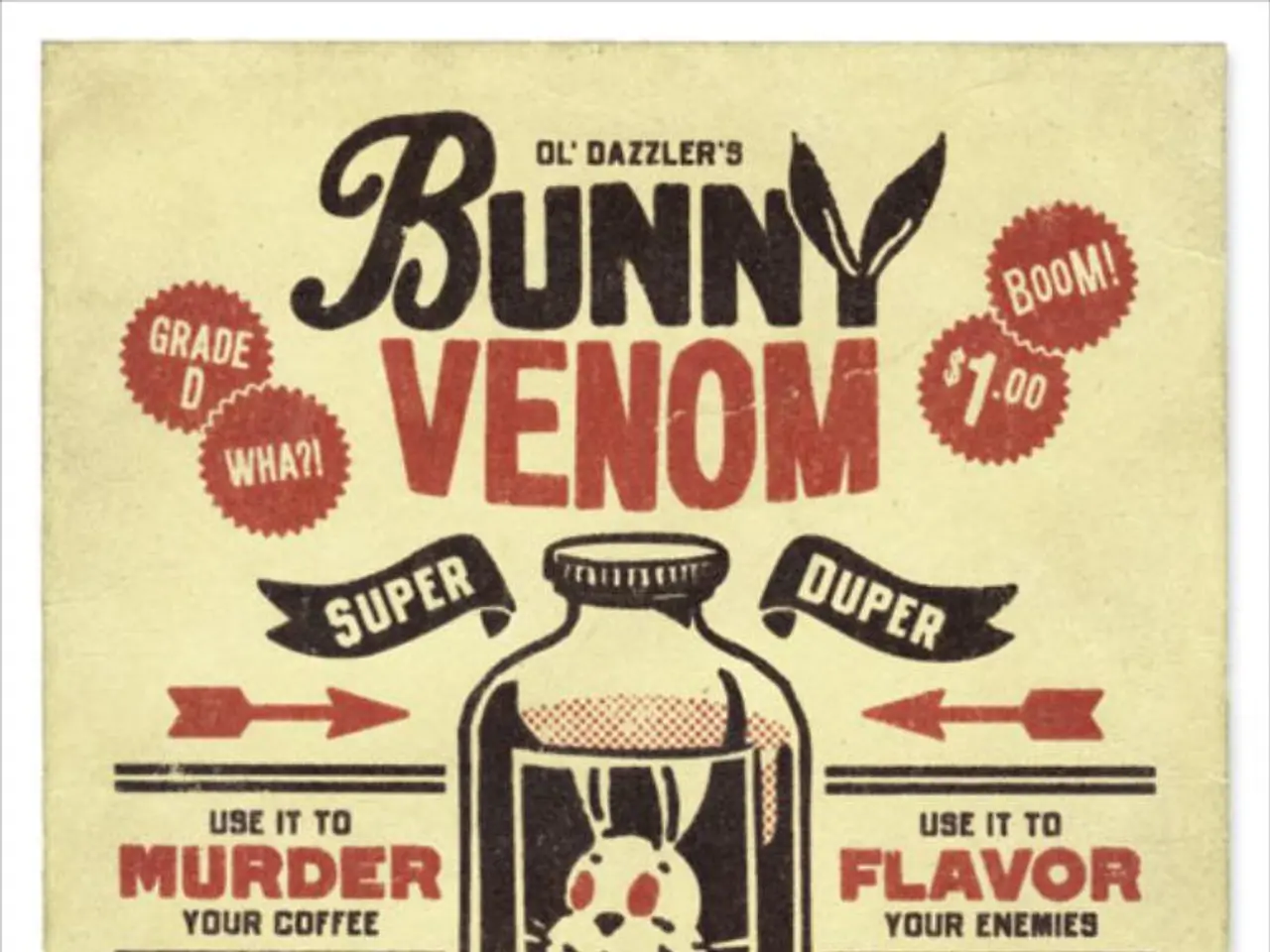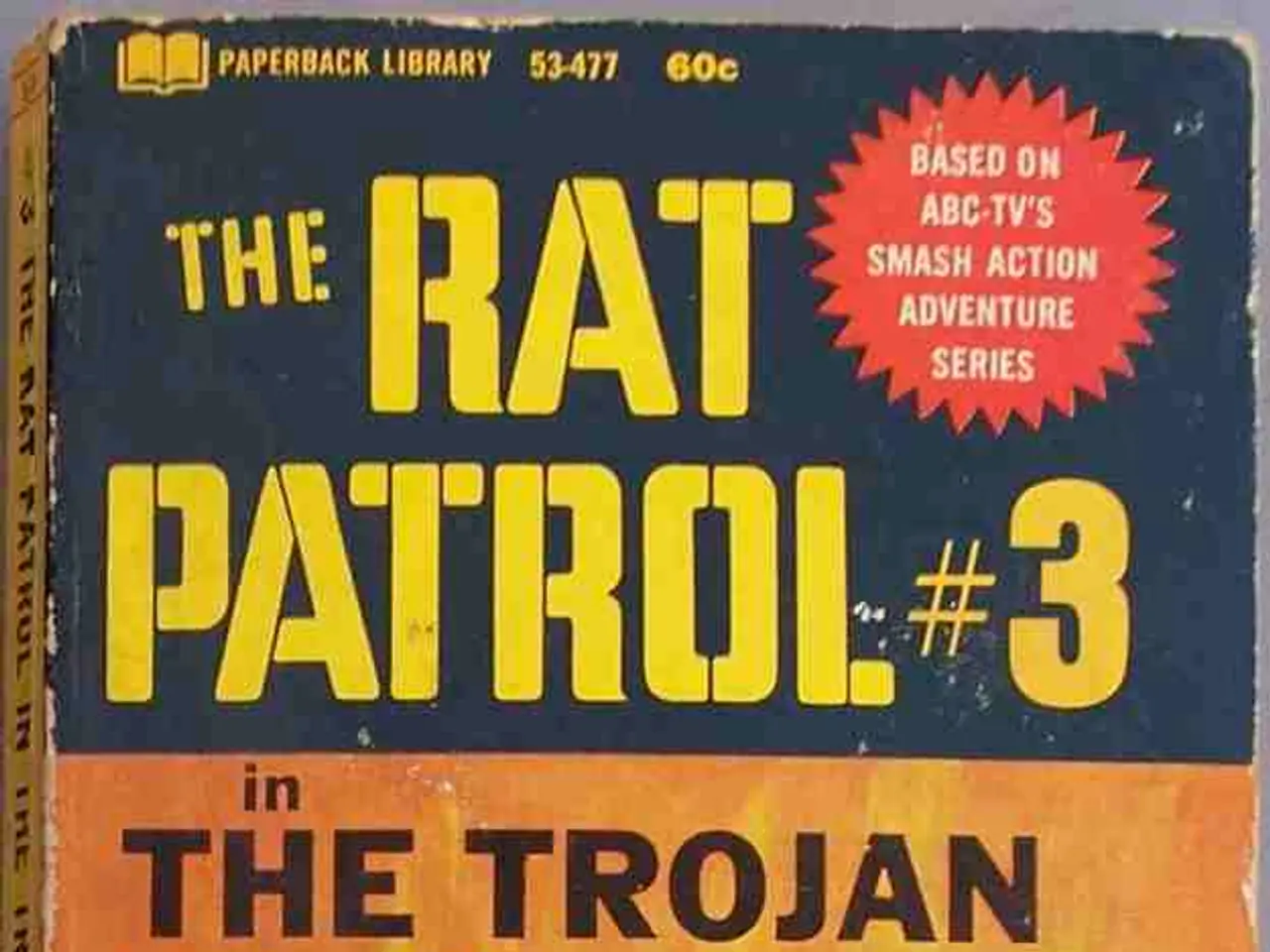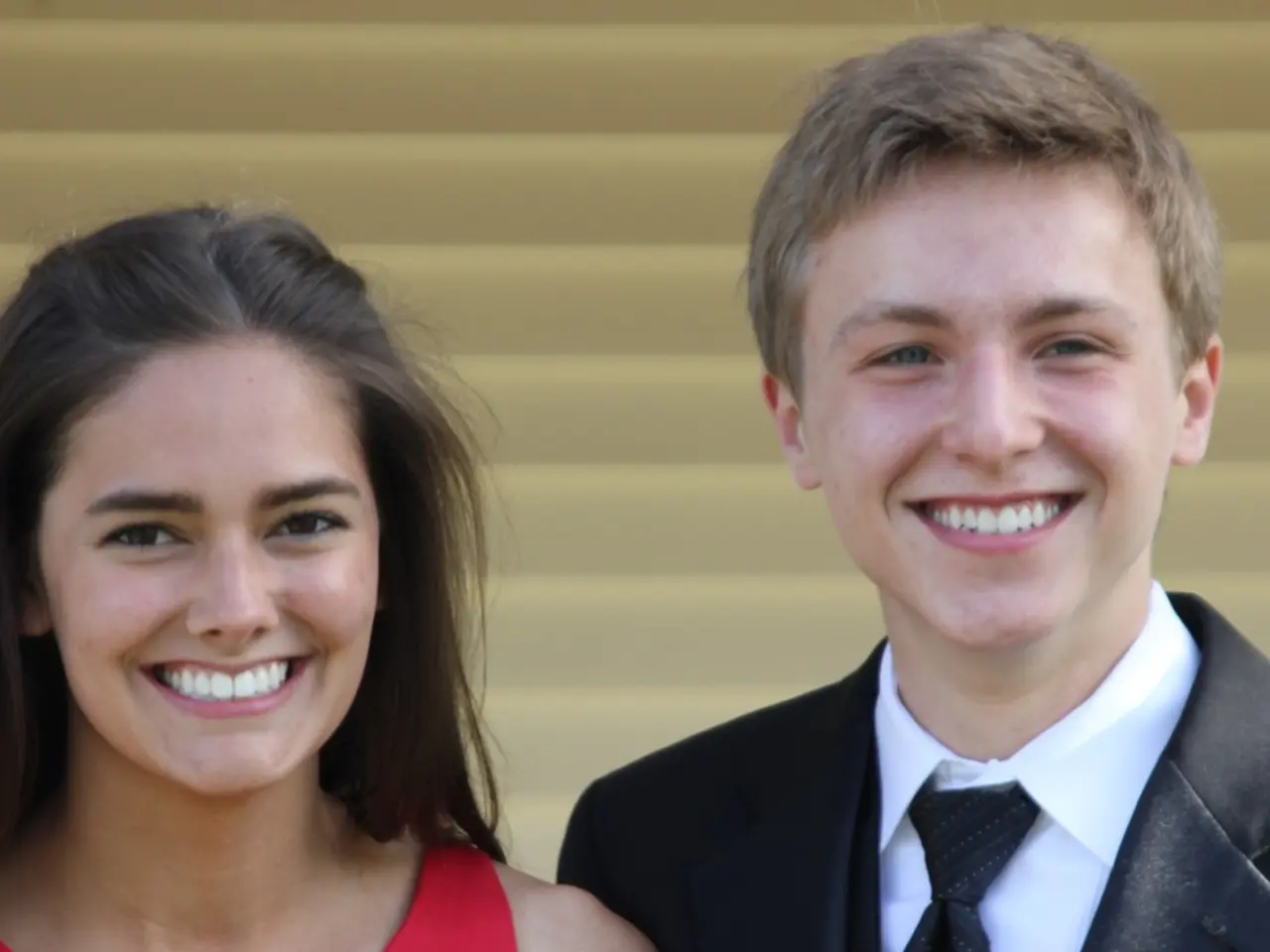In the GDR's underbelly: A look at the clash between punk defiance and official repression
On Thursday, 14th August, the Memorial Site Deutsche Teilung Marienborn will host a unique event featuring author and eyewitness Geralf Pochop. This musical reading promises to delve into the challenges and impact of punk music in the German Democratic Republic (GDR).
Punk, in the context of the GDR, was a vibrant, underground youth counterculture that offered an alternative identity and community to what the Socialist Unity Party (SED) prescribed. It combined musical experimentation, such as local hybrids like "blues-punks", with explicit rebellion against social constraints.
For many, including Geralf Pochop, punk served as a means of self-expression and a pathway out of imposed class and role expectations. Joining the scene for freedom and belonging, Pochop took part in shows and DIY cultural practices, experiencing both the solidarity within the punk community and the risks that came with dissent.
The GDR punk scene was not monolithic. There were local stylistic mixes and different subgroups, each with its own unique identity. Yet, these identities were rigid internally even as they resisted the state's rigid norms.
Punk activities drew attention from the Stasi (Ministry for State Security) and other authorities. Concerts and gatherings were monitored, participants were identified, and punks risked harassment, restricted opportunities, and sometimes violence from police or hostile groups.
Despite the dangers, punks fought for the right to a different life away from the state-prescribed path. Punk music provided a means of rebellion, offering hard-won freedoms and a sense of purpose that contrasted sharply with the rigid social environment.
The event, announced by the Foundation Memorial Sites Saxony-Anhalt, promises to be a fascinating exploration of these themes. Geralf Pochop's personal experiences and insights will undoubtedly offer a compelling perspective on the role of punk in the GDR.
References:
[1] Press Release, Foundation Memorial Sites Saxony-Anhalt. [2] Geralf Pochop, personal interview. [3] Various archival and Instagram material related to Eastern-bloc punk. [4] Scholarly analysis on punk culture in the GDR.
At the Memorial Site Deutsche Teilung Marienborn on 14th August, author Geralf Pochop's unique musical reading promises to delve deeper into the role of punk music as entertainment, serving as a means of self-expression, rebellion, and escape from imposed expectations in the German Democratic Republic's society. In a setting marked by surveillance and risks for punks, the music offered a contrasting, vibrant counterculture with local hybrids, diverse subgroups, and a fierce fight for freedom.
